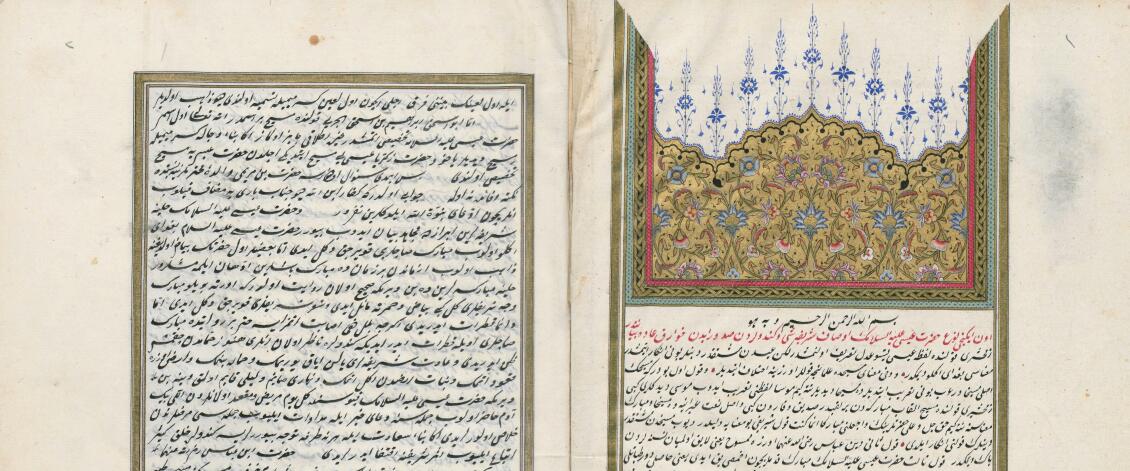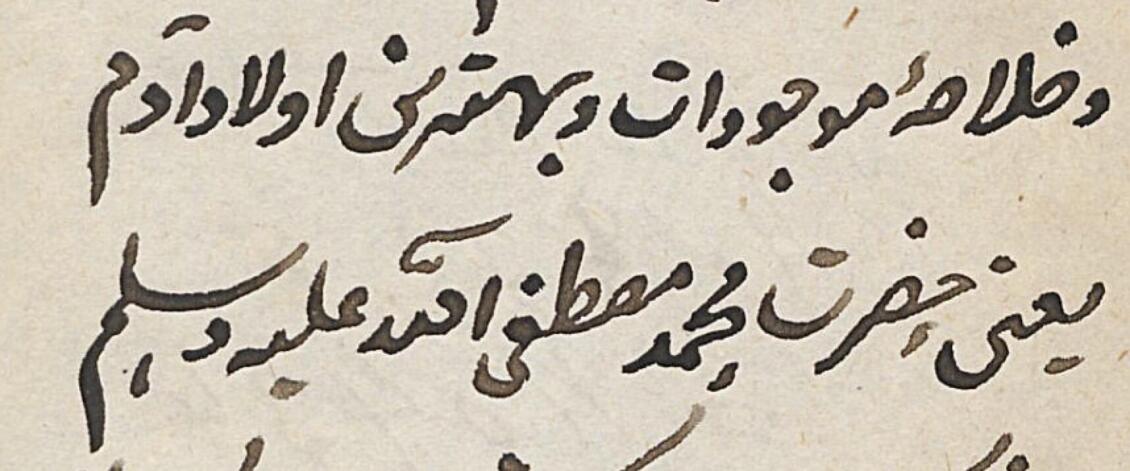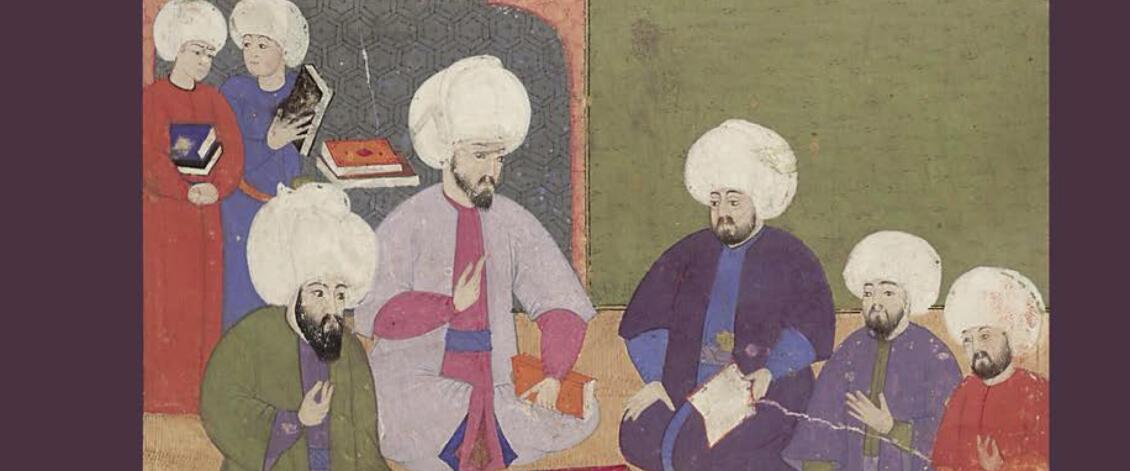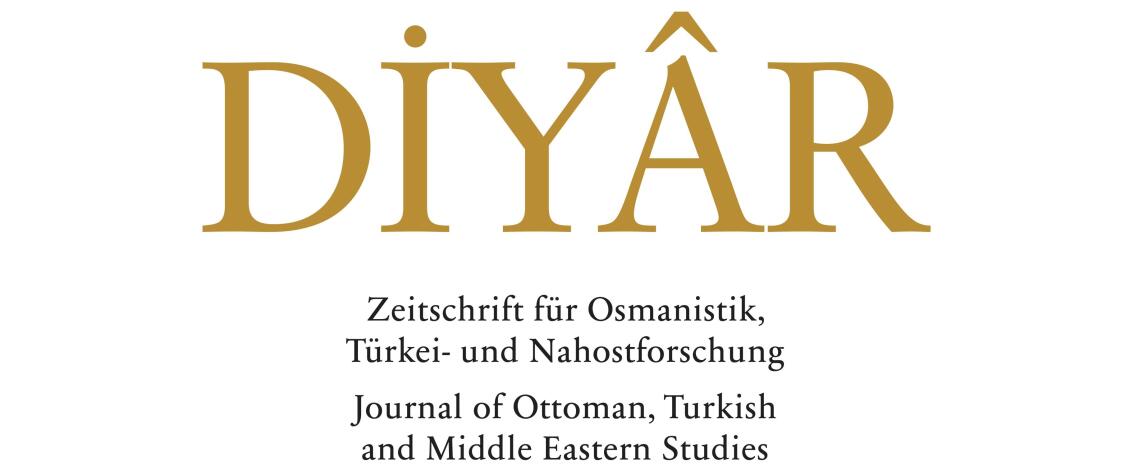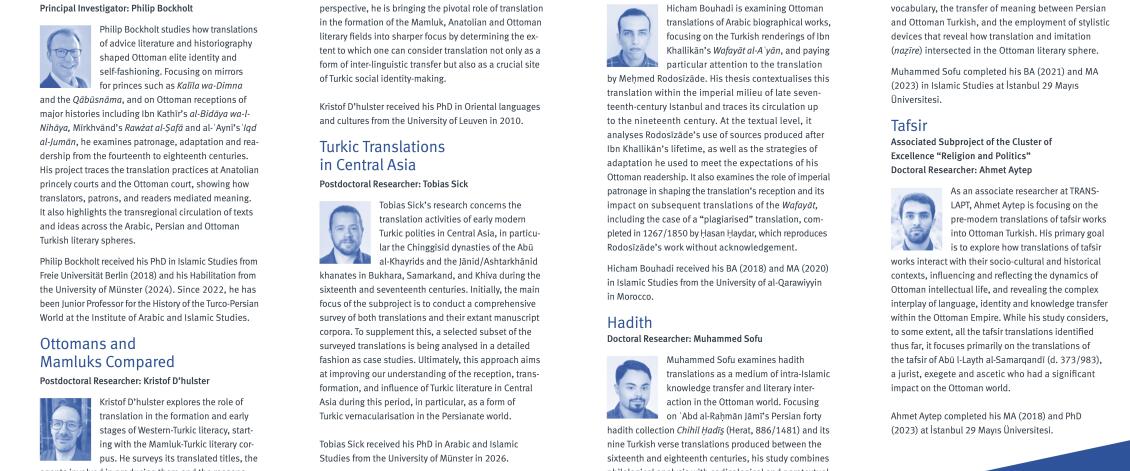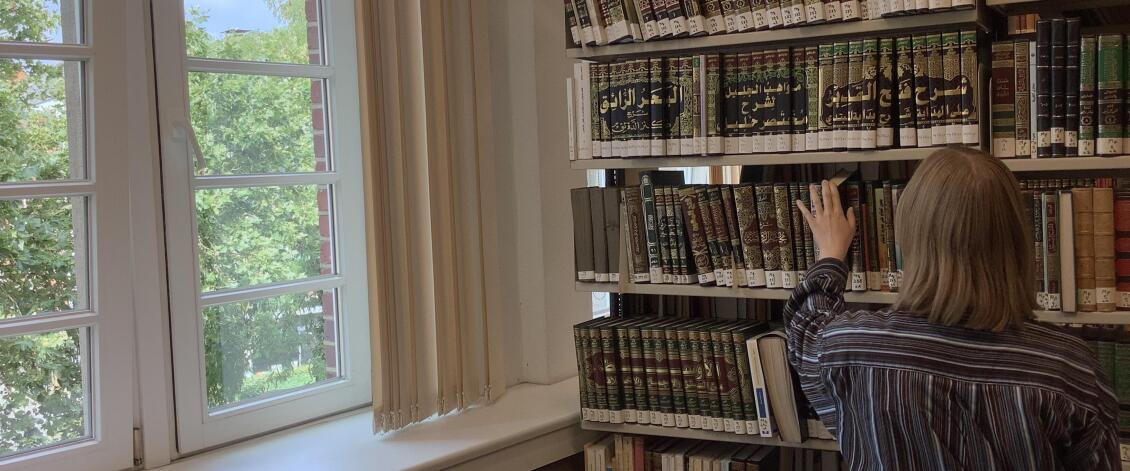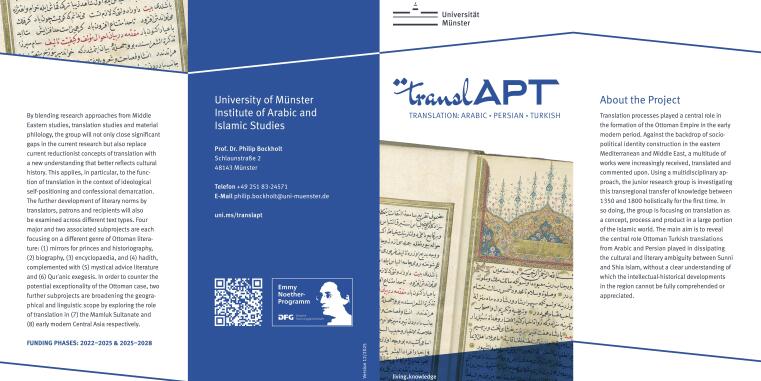TRANSLAPT
TRANSLation: Arabic – Persian – Turkish
Inner-Islamic Transfer of Knowledge within Arabic-Persian-Ottoman
Translation Processes in the Eastern Mediterranean (1400–1750)
Translation processes played a central role in the formation of the Ottoman Empire in the early modern period. Against the background of confessional-political polarisation in the eastern Mediterranean and Middle East, a multitude of works were increasingly received, translated and commented upon. Therefore, using a multidisciplinary approach, this junior research group is investigating the transregional transfer of knowledge between 1400 and 1750 holistically for the first time. In doing so, the focus lies on translation as a concept, process and product in a large portion of the Islamic world. The aim is to reveal the central role of Ottoman Turkish translations of texts in Arabic and Persian as part of the dissolution processes of cultural and literary ambiguity between Sunni and Shia Islam, without a clear understanding of which the intellectual- historical developments in the region cannot be fully comprehended and appreciated.
By fusing research approaches from Middle Eastern studies, translation studies and material philology, the group will not only close significant gaps in the current state of research but also replace the current reductionist concepts of translation with a new understanding that better reflects cultural history. This applies, in particular, to the function of translation in the context of ideological self-positioning and confessional demarcation. The further development of literary norms by translators, patrons and recipients will also be examined across different text types. Four major and two associated projects focus on different genres of Ottoman literature: (1) mirrors for princes and historiography, (2) biography, (3) encyclopaedia, and (4) hadith, complemented with (5) mystical advice literature and (6) Qurʾanic exegesis. In order to counter the potential exceptionality of the Ottoman case, two more projects broaden the geographical and linguistic scope by exploring the role of translation in (7) the Mamluk Sultanate and (8) early modern Central Asia respectively.



